Becoming Creole
C RITICAL C ARIBBEAN S TUDIES
Series Editors: Yolanda Martnez-San Miguel, Carter Mathes, and Kathleen Lpez
Focused particularly in the twentieth and twenty-first centuries, although attentive to the context of earlier eras, this series encourages interdisciplinary approaches and methods and is open to scholarship in a variety of areas, including anthropology, cultural studies, diaspora and transnational studies, environmental studies, gender and sexuality studies, history, and sociology. The series pays particular attention to the four main research clusters of Critical Caribbean Studies at Rutgers University, where the co-editors serve as members of the executive board: Caribbean Critical Studies Theory and the Disciplines; Archipelagic Studies and Creolization; Caribbean Aesthetics, Poetics, and Politics; and Caribbean Colonialities.
Giselle Anatol, The Things That Fly in the Night: Female Vampires in Literature of the Circum-Caribbean and African Diaspora
Frances R. Botkin, Thieving Three-Fingered Jack: Transatlantic Tales of a Jamaican Outlaw, 17802015
Melissa A. Johnson, Becoming Creole: Nature and Race in Belize
Ala Reyes-Santos, Our Caribbean Kin: Race and Nation in the Neoliberal Antilles
Milagros Ricourt , The Dominican Racial Imaginary: Surveying the Landscape of Race and Nation in Hispaniola
Katherine A. Zien, Sovereign Acts: Performing Race, Space, and Belonging in Panama and the Canal Zone
Becoming Creole
Nature and Race in Belize
M ELISSA A. J OHNSON
RUTGERS UNIVERSITY PRESS
NEW BRUNSWICK, CAMDEN, AND NEWARK, NEW JERSEY, AND LONDON
Library of Congress Cataloging-in-Publication Data
Names: Johnson, Melissa A., 1962 author.
Title: Becoming Creole : nature and race in Belize / Melissa A. Johnson.
Description: New Brunswick, N.J.: Rutgers University Press, [2018] |
Series: Critical Caribbean studies | Includes bibliographical references and index.
Identifiers: LCCN 2017060242 | ISBN 9780813596990 (cloth : alk. paper) | ISBN 9780813596983 (pbk. : alk. paper) | ISBN 9780813597003 (epub) | ISBN 9780813597027 (web pdf)
Subjects: LCSH: EthnologyBelize. | Racially mixed peopleBelize.
Classification: LCC F1457.A1 J64 2018 | DDC 305.8/059602107282dc23
LC record available at https://lccn.loc.gov/2017060242
A British Cataloging-in-Publication record for this book is available from the British Library.
Copyright 2019 by Melissa A. Johnson
All rights reserved
No part of this book may be reproduced or utilized in any form or by any means, electronic or mechanical, or by any information storage and retrieval system, without written permission from the publisher. Please contact Rutgers University Press, 106 Somerset Street, New Brunswick, NJ 08901. The only exception to this prohibition is fair use as defined by U.S. copyright law.

The paper used in this publication meets the requirements of the American National Standard for Information SciencesPermanence of Paper for Printed Library Materials, ANSI Z39.48-1992.
www.rutgersuniversitypress.org
Manufactured in the United States of America
For my father-in-law, Alfred Elijah Bonner who loved history, my sons Elrick Edward Bonner, Jr. and Adrian David Bonner and my life-partner and cocreator of this book, Elrick Edward Bonner Sr.
Contents
I am indebted to so many who have helped me one way or another in bringing this book into being. First and foremost, I am indebted to the rural Creole Belizeans who warmly welcomed me into their communities, and who have since become my kin through marriage. The people who live in (or call home) Crooked Tree, Lemonal, Bermudian Landing, and the other villages of the Lower Belize River Valley made this book possible. In particular, my in-laws, the family of Alfred (Papa) and Lillian Bonner of Lemonal and their children (Elvis, Marlin, Christine, Elaine, Lessie, Elrick Sr., Claudett, Sharon, Shawn, Carolyn, Carlota, and Alfred Jr., their spouses and children), Orlando Banner and John (who graces the cover of the book) and Audrey Anthony, Ephraim (Mr. Big) and Olive and especially Bree Banner and Stephie Anthony I particularly want to thank Bree for reading one of the final drafts of the manuscript in full and providing much needed encouragement to me! And my adopted family in Crooked Tree, Rudolph and Gloria Crawford and their children, especially Dacia, Glenn, Dorla, and Rema, the family of Clifford and Gloria Tillett and their children, especially Sam, Dalia, Judy, Elvis, Bruce, and Lisa, and the Wades, especially Josephine, and also Miss Hazel, Wayne, Albert (and Pearl). Bernardine (Bo) Tillett, and really, everyone in Crooked Tree and Lemonal. Also, Annabelle and Eckert Guy generously housed me in Belmopan many years ago so that I could conduct archival research. My Belizean and Caribbean network here in Central Texas has also been important: Isola, Yolanda, Lily, Rose, Maurice, Al, Mr. Marcos, Judy, Jai, Denise, Swaggy, Ardette, Saraba, and others whose company (and food!) makes life here fun.
This project has been under way in various forms for nearly twenty years, and many different people have played important roles supporting me along the way. First, I owe my entire adult life, in many ways, to Richard Wilk, who introduced me to Belize in 1990, inviting me to work as his research assistant for a few months. I jumped at the chance, without even really having a good sense of where Belize was, and then decided that it was a perfect place to do doctoral research in environmental anthropology. Wilk also fostered in me ways of thinking that I now consider indispensable: a desire to question everything and assume nothing. My other professors from my graduate school days were also each helpful in important ways: Roy Rappaport, Richard Ford, Richard Tucker (who instilled in me a love for environmental history), Max Owusu (who made me think anew about whiteness), and Conrad Kottak all helped shape how I think. Funding for early research was provided by the Social Science Research Council, the Inter-American Foundation, and Fulbright-IIE program, and additional funding over the years has been generously provided by Southwestern University. I thank the library staff at Southwestern, and especially the interlibrary loan administrators for always swiftly providing any article or book that I needed. I thank Dean Alisa Gaunder for her steady support. An invitation to present some of this material at a Sawyer Seminar on Race, Place and Nature in the Americas at Rutgers University in 2013 was also very helpful. I thank Mia Bay and Ann Fabian for that invitation.
My network of fellow graduates of the University of Michigan Anthropology Program have been so important as supporters and critical thinkers over the years. Bridget Hayden, Bilinda Straight, Anne Waters, and Crystal Fortwangler have all been important interlocutors at different points along the way. And Coralynn Davis, John Stiles, and Deb Jackson have also been critical supporters over the years. Gina Ulysse and Michael Hathaway have been particularly vital to how this book has developed over the years and I am deeply grateful to each of them.


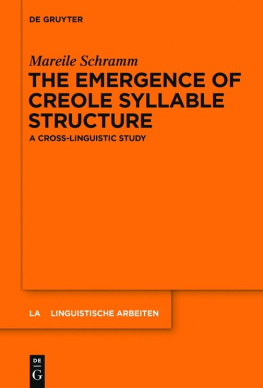
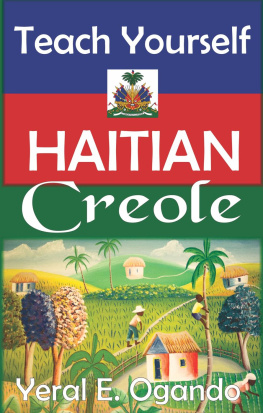
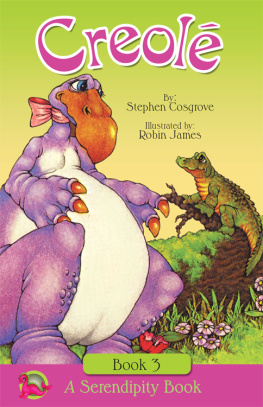
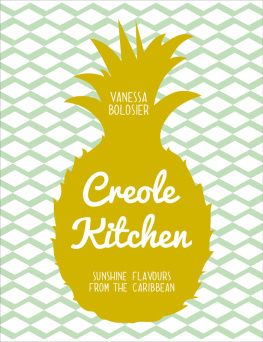


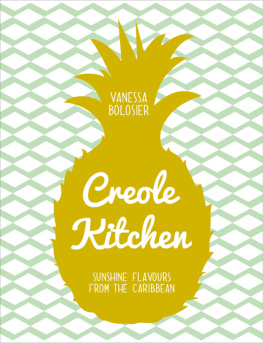
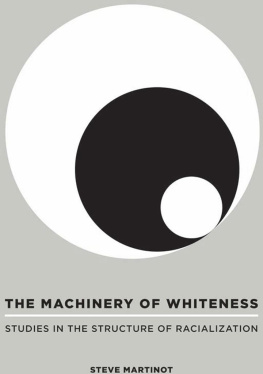



 The paper used in this publication meets the requirements of the American National Standard for Information SciencesPermanence of Paper for Printed Library Materials, ANSI Z39.48-1992.
The paper used in this publication meets the requirements of the American National Standard for Information SciencesPermanence of Paper for Printed Library Materials, ANSI Z39.48-1992.